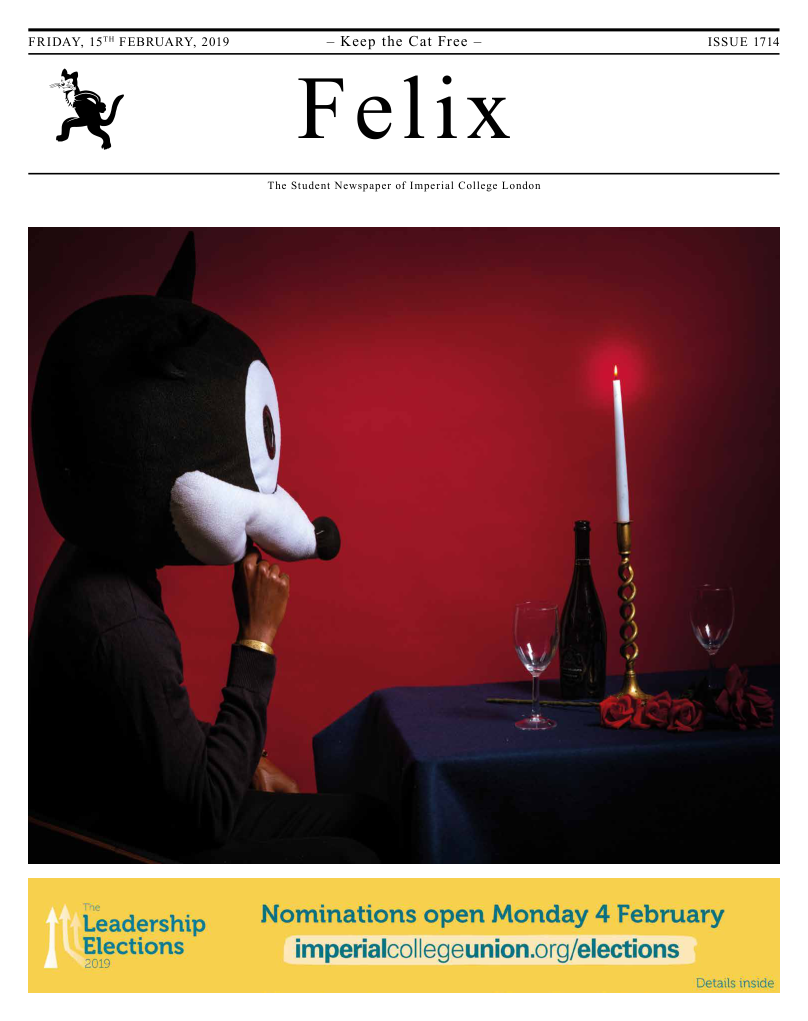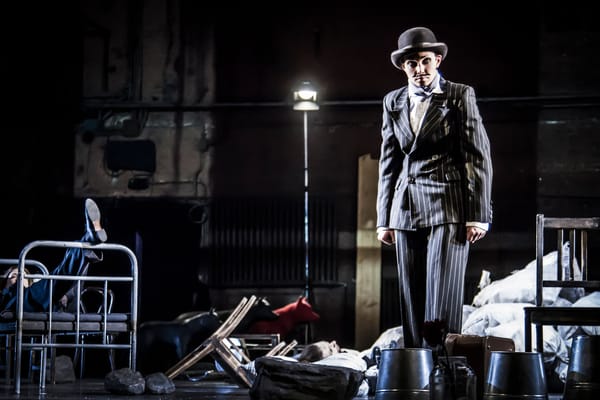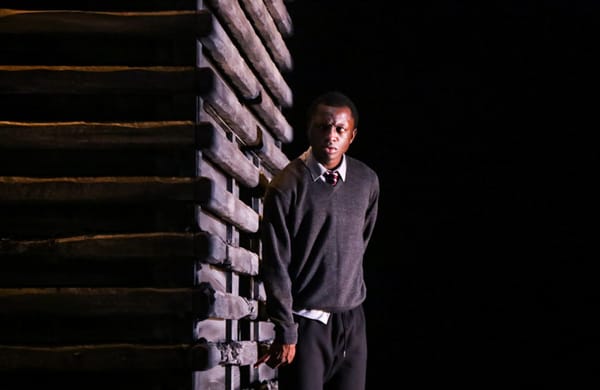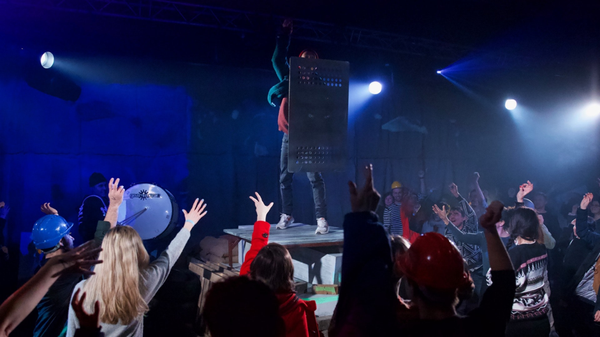Folk tales of an anti-facist working-class hero

Whilst living in Scotland I learnt that there are few better ways to spend a cold Tuesday night than in one of the many folk bars dotted throughout the country. Here, in the warm atmosphere of ale and brown wood, musicians walk in and out, playing freely, sipping from their pints, waxing lyrics and giving life to tales both old and new. Last Saturday night, I couldn’t help but reminisce these jovial nights as the Young’uns presented, sang, and recalled The Ballad of Johnny Longstaff. This is a tale in the most honest meaning of the word, one of oral tradition, the kind passed from generation to generation, kept as an heirloom to be repeated in pubs across the land. Teeside Folk extraordinaires the Young’uns keep true to this tradition, despite the formality of the Southbank Centre stage. Using little more than their voices, interview fragments, and the occasional instrument, they give life to the show’s star: Johnny Longstaff.
Longstaff’s story, which the Young’uns themselves heard from Longstaff’s son at a show, is one that deserves to stand the test of time and be recollected again and again. A young man walking from Stockon-on-Tees to London in desperation of something to eat and somewhere to work, Longstaff soon found himself in the middle of the unionised workers of the time. This becomes the background for the show’s central focus, that of Longstaff fighting against Franco during the civil war between the republicans and nationalists of Spain. It is a show that is remarkable in many ways. The first being the sheer variety of enthralling British interwar history that is recollected, all with Longstaff at the centre.
Upon your return home from the show you’ll find yourself on your laptop looking up the Battle of Cable Street, Oswald Mosley, Hunger marches and “How can I learn to sing like the Young’uns?”. For here, recollection is not just spoken word, but also ballads, chants and a hilarious ditty or two. The talent of the singing trio that form the Young’uns can’t be understated. Whether it be acappella or with musical backing, their stunningly crisp voices echo and give warmth to Longstaff’s story. In between songs or narration, the stage centre lights up for Longstaff to give fragmental accounts of his past. These, along with the occasional projected photo, help ground the singing in reality which ironically leaves one in a further state of disbelief as the story unfolds. Moving moments are plenty here, so tissues for tears (both of joy and sadness) will be needed. Longstaff, his friends, and the estimated thirty thousand volunteers who fought against fascism in the International Brigades need their story to be spoken – here the Young’uns have truly done it justice. My only regret being I wasn’t able to hear the tale in the warmth of an Edinburgh bar.
-4 stars









